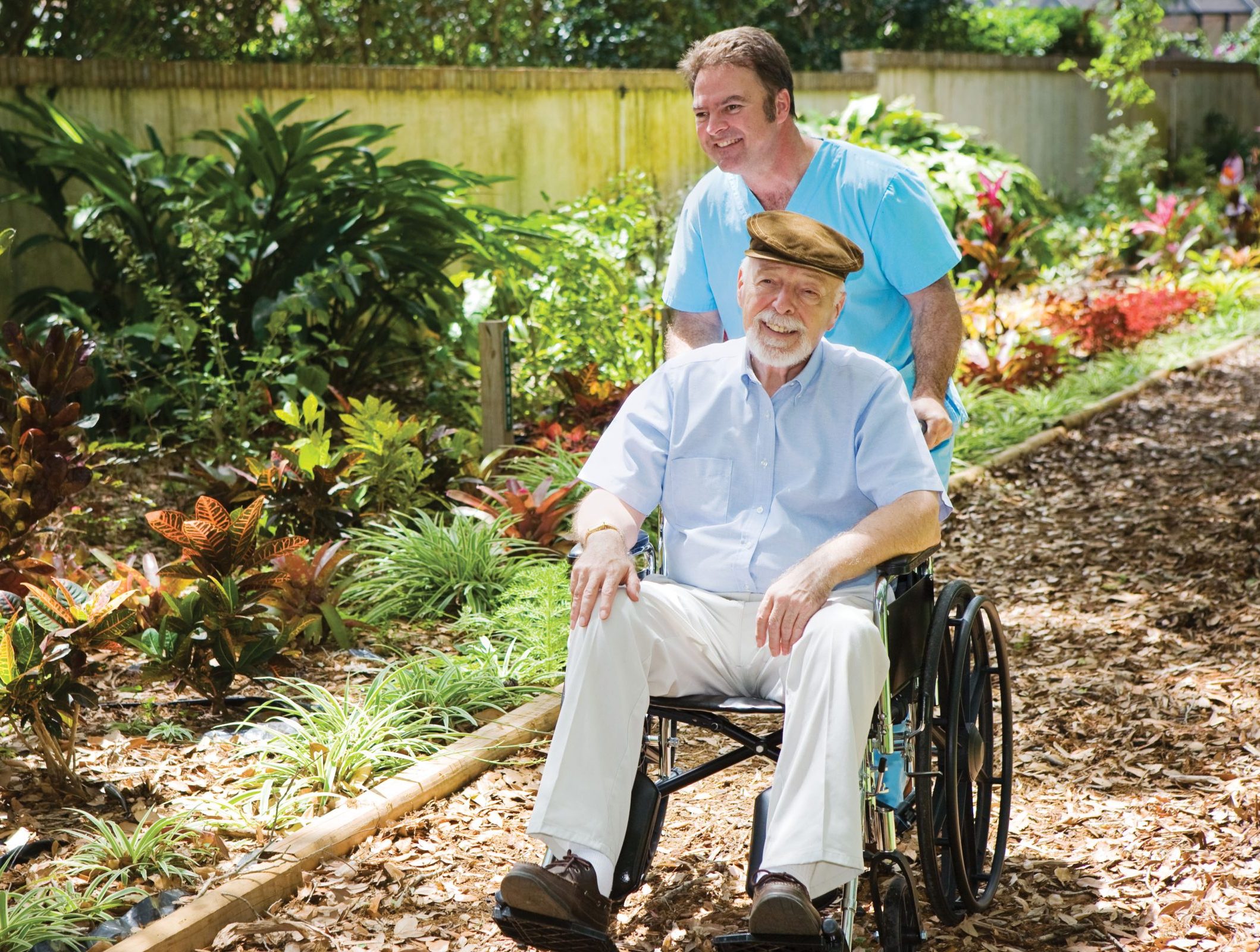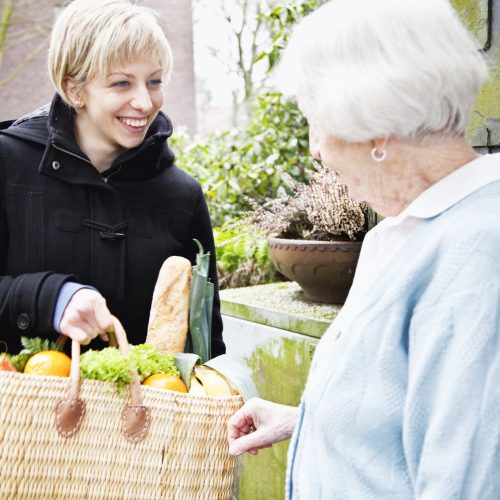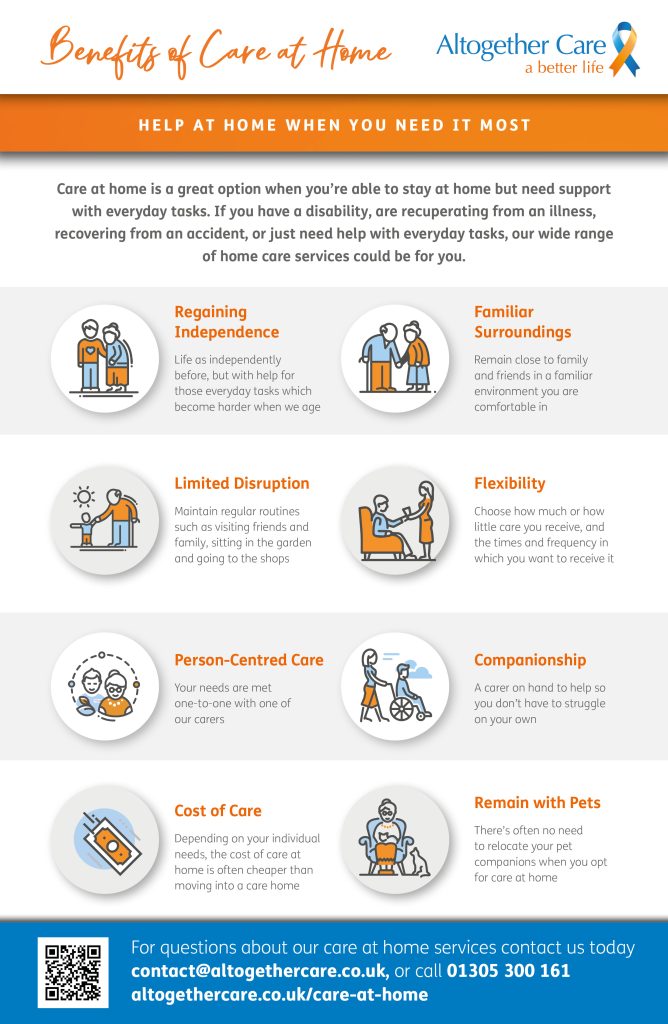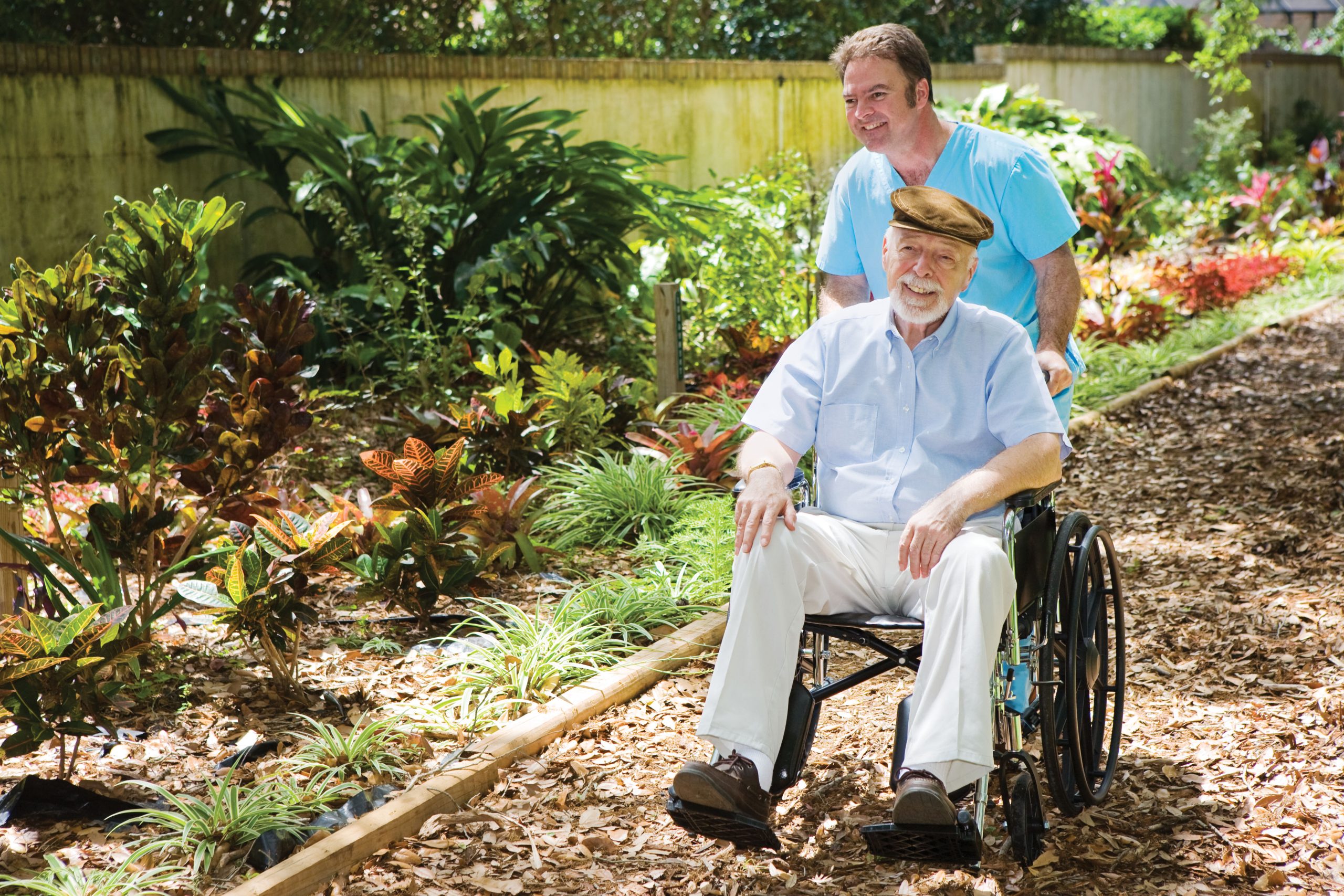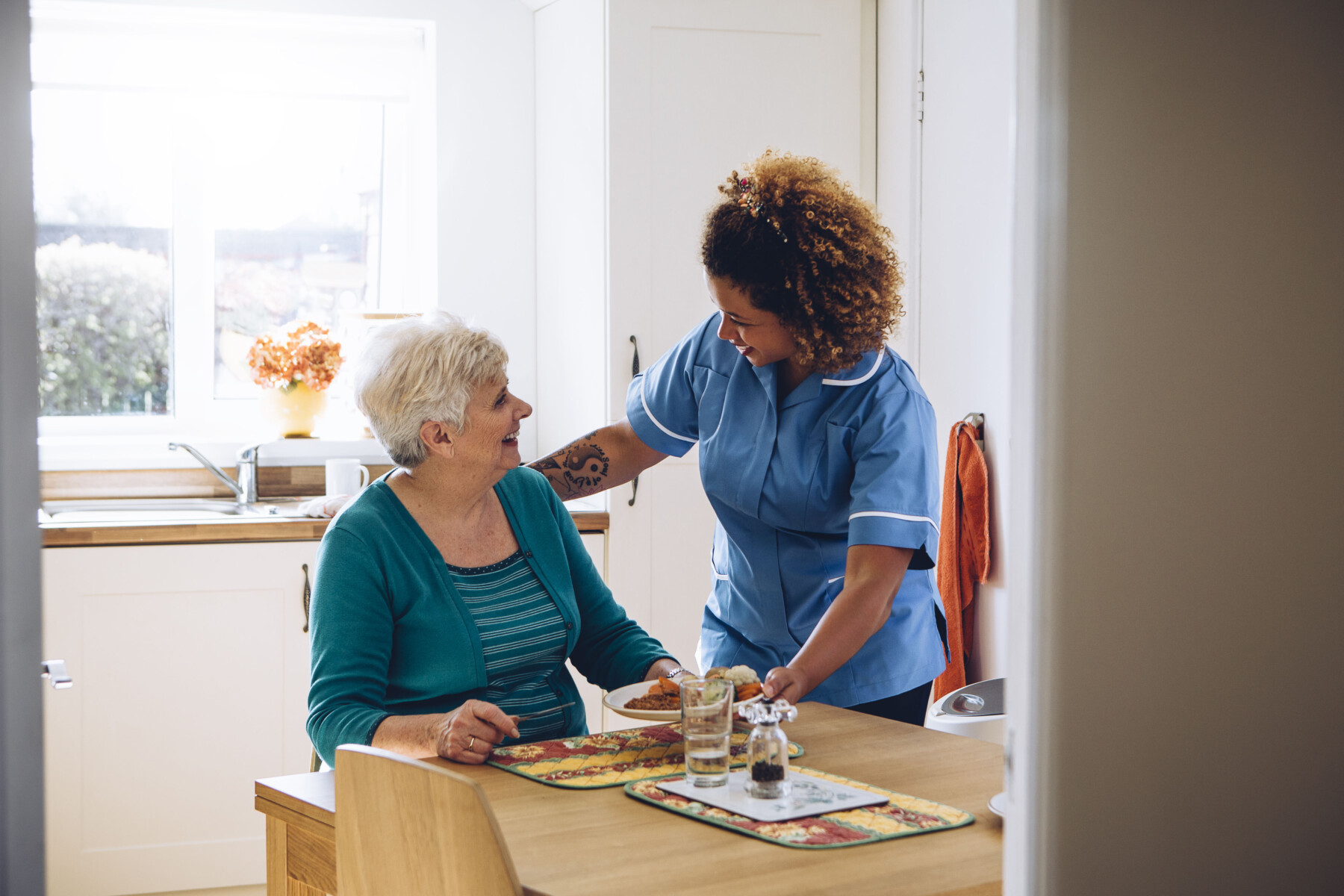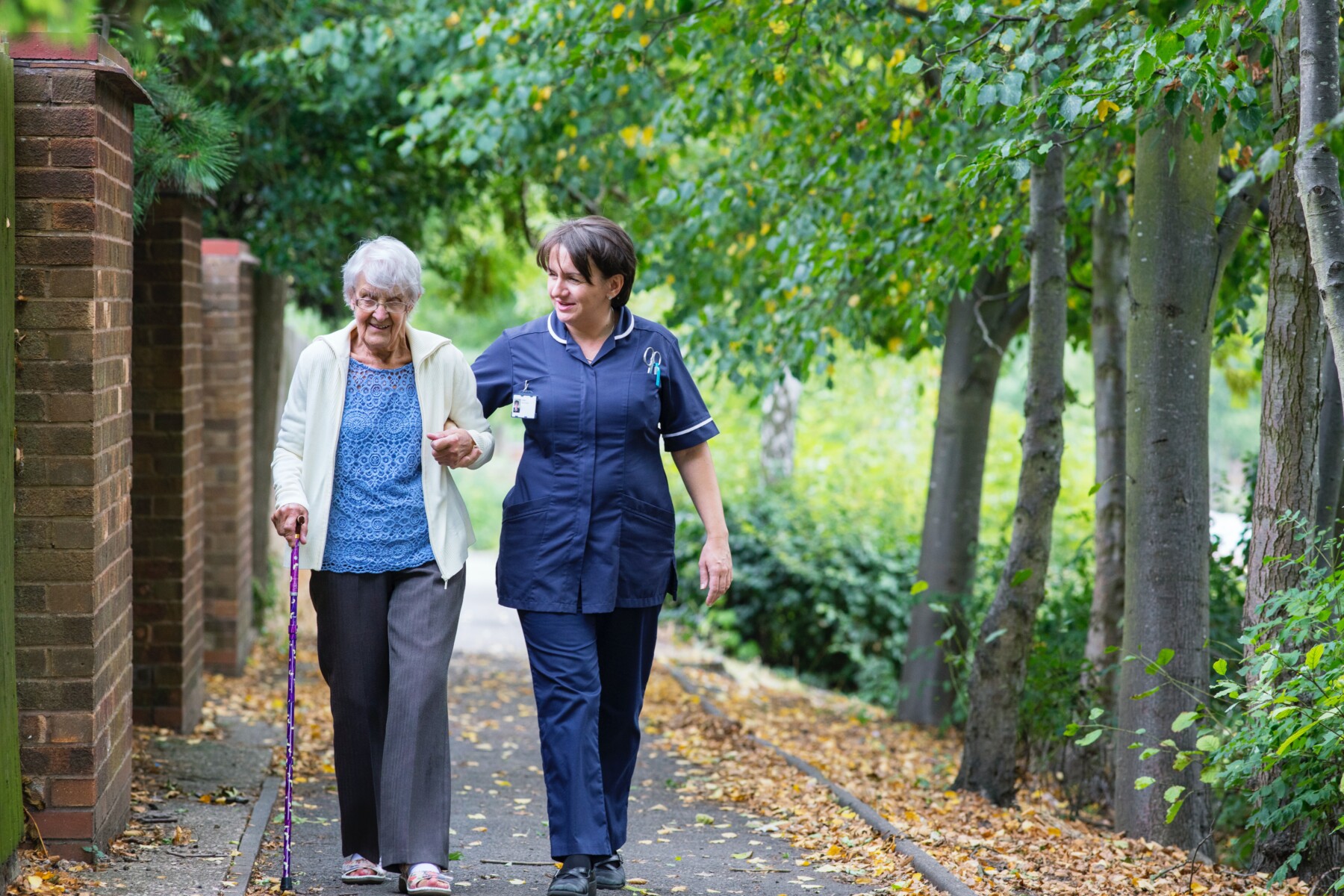People will always want human contact and no computer or automation will ever be able to fully replace this. People will always need care and people will likely always need carers to provide this service when they aren’t able to do it on their own any more. A career in care can be a satisfying, varied job that you will want to stay in.
Carers are Needed Now
The number of care worker vacancies has increased in the sector, this is due to having better healthcare and an increased aging population. In a report from June 2022 on the health and social care workforce, the House of Commons Health and Social Care Committee reported that an extra 475,000 jobs would be needed in health and 490,000 jobs would be needed in social care by the early part of the 2030s. This gives people choosing a career in care now lots of options and opportunities.
Social care is an absolute priority for the UK government, backed by £5.4 billion in spending. The white paper People at the Heart of Care plan to reform social care sets out a 10-year vision for adult social care and funding proposals. There has never been a better time to join the sector.
Why Should You Care?
Many of the people who gravitate towards care work do so because of the benefits it offers around a good work/life balance and emotional job satisfaction. Carers can choose to work hours around their own responsibilities, it offers flexibly in hours that work around their own family needs.
When looking at care work; it’s not ‘just a job’, there are many wonderful opportunities for career progression. The on-the-job training and qualifications you’ll receive – as well as the many transferable skills you will undoubtedly pick up – will set you up for progressing within the industry.
And perhaps most importantly, there are few things more fundamentally rewarding than helping and caring for others. Whether this is helping an older person to enjoy their day and supporting them with their short or long-term health needs, caring for others is a huge privilege. Not many jobs can boast that.
Care workers qualify for the highly regarded Blue Light Card, which offers a broad range of official discounts from large national retailers to local businesses in a wide range of categories including holidays, cars, days out, fashion, gifts, insurance, phones and more.
If you enjoy caring for others, a job as a care worker is a fantastic opportunity to gain many skills that embrace your natural empathy. There are many care homes throughout the UK in need of kind, compassionate people who help residents have a better quality of life and feel more comfortable.
So, if you’re thinking about retraining and would love making a positive difference in people’s lives, this could be the start of a wonderful career for you.
If you want to explore a rewarding career with Altogether Care, please send your CV by email for the attention of the Recruitment Manager at careers@altogethercare.co.uk or call Altogether Care on 01305 230488.
